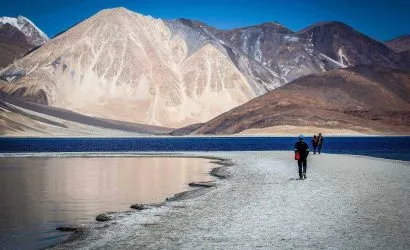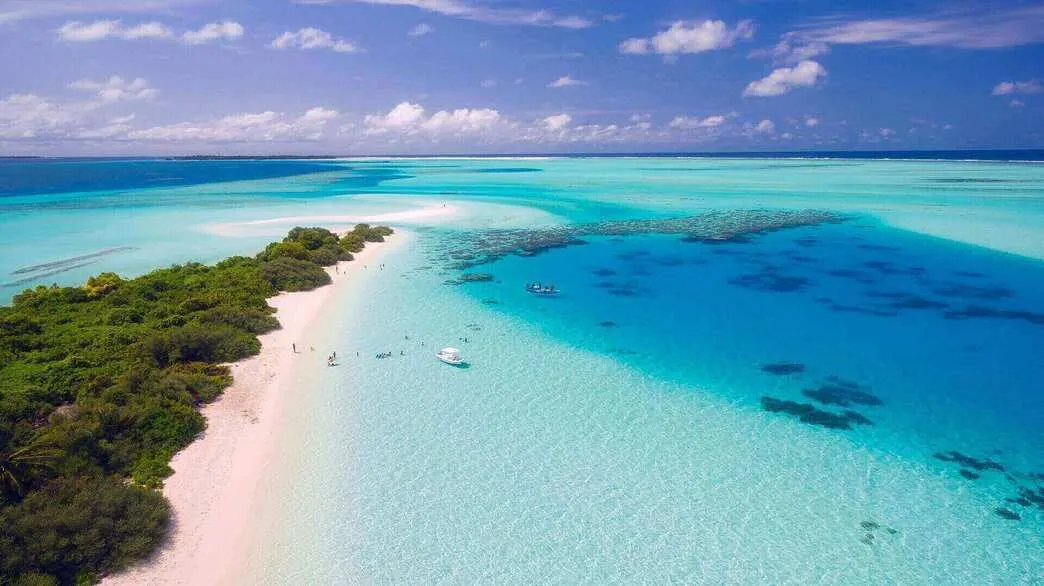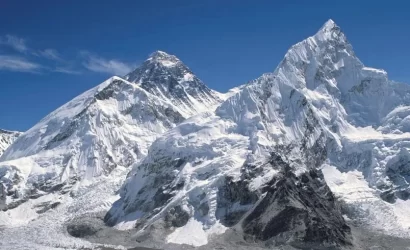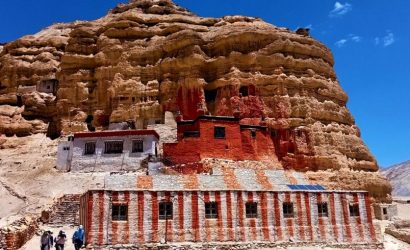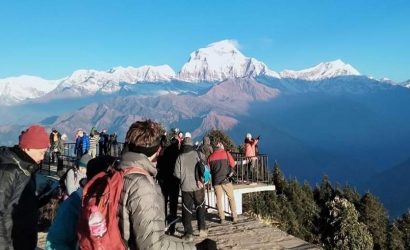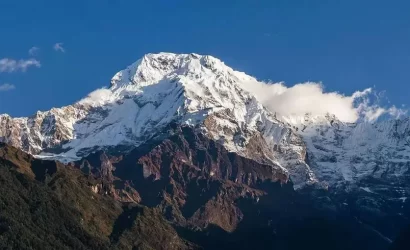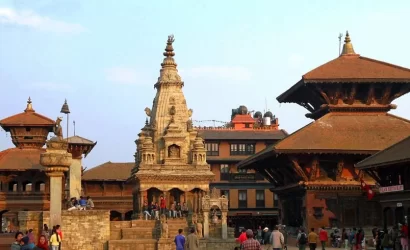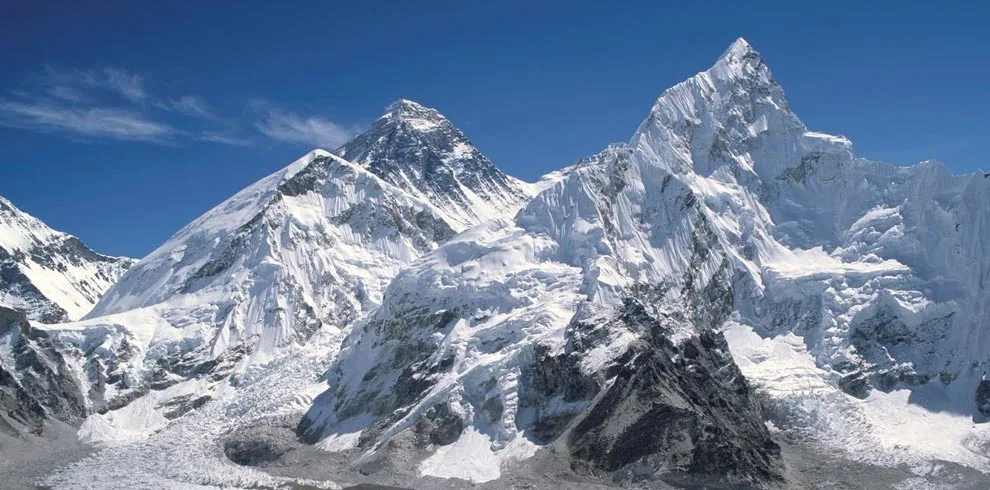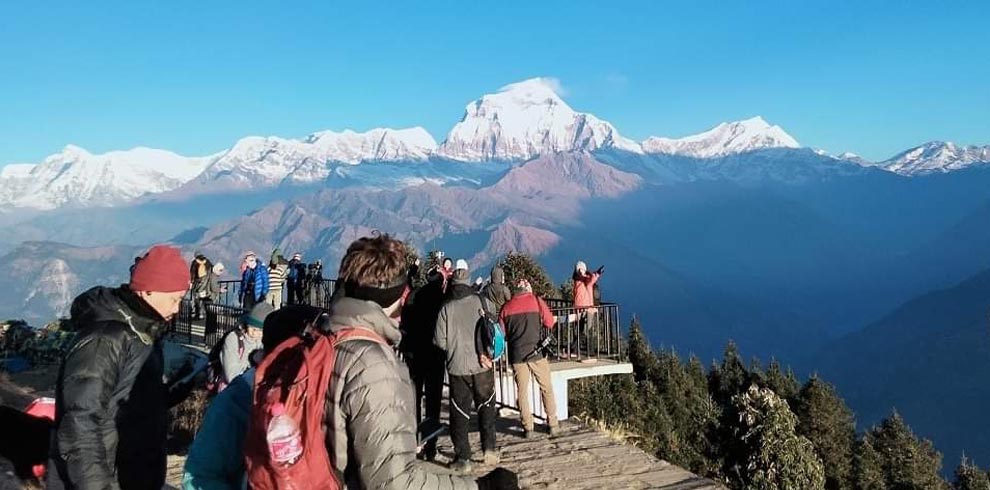Nestled amidst the Dhaulagiri mountain and the high Tibetan plateau, the Dolpo region is a veritable Shangri-La of your fantasies. Let’s go Upper Dolpo Trekking with Nepal Eco Adventure to a supposedly sacred place for pious Buddhists founded by Guru Rinpoche.
Trekking in the Upper Dolpo is an adventure of a lifetime. trekking to a secluded and distant part of Nepal’s mid-western area to observe the terrain in its unspoiled, untamed state and to come to terms with its remoteness. For hikers seeking an alternative to the crowded, popular trekking routes, the majority of the territory remains unknown and uncharted.
Until 1989, trekkers were prohibited from entering the entire district. As a result, this area is among the oldest and best preserved in the world. The area has only previously been studied by a small number of geographers and anthropologists. With a special authorization from Nepal Eco Adventure, organised trekking groups were able to trek in the Upper Dolpo.
Minimum of two people required to book this trip.
Overview
Travel is the movement of people between relatively distant geographical locations, and can involve travel by foot, bicycle, automobile, train, boat, bus, airplane, or other means, with or without luggage, and can be one way or round trip. Travel can also include relatively short stays between successive movements.
The origin of the word “travel” is most likely lost to history. The term “travel” may originate from the Old French word travail, which means ‘work’. According to the Merriam Webster dictionary, the first known use of the word travel was in the 14th century.
It also states that the word comes from Middle English travailen, travelen (which means to torment, labor, strive, journey) and earlier from Old French travailler (which means to work strenuously, toil). In English we still occasionally use the words “travail”, which means struggle. According to Simon Winchester in his book The Best Travelers’ Tales (2004), the words “travel” and “travail” both share an even more ancient root: a Roman instrument of torture called the tripalium (in Latin it means “three stakes”, as in to impale).
Â
Itinerary
Includes
- One night standard hotel on bed and breakfast (B/B) hotel At Nepalgunj.
- Full board meal (veg. /non veg.) during camping, prepared by our expert cook with Tea & coffee.
- Boiled and purify drinking water for the trek.
- Twin sharing tented accommodation and other equipment during the camping trek. We will provide fully water proof two men tent, dining tent, kitchen tent, Table with chairs, kitchen utensils, toilet tents etc.
- A government licensed English speaking Guide during the trek. A cook, Kitchen helper, required number of porters, their food, accommodation, salary, insurance, equipment and medicine.
- Medical supplies (first aid kit will be available).
- Arrangement of Emergency Helicopter service which will be paid by your Travel insurance company.
- Down sleeping bag / Jackets, walking sticks, and other necessary equipments during the trek. (If you don`t have you own)
- Use of sleeping bag, down Jacket and walking Poles (if you don’t have your own, To be return after trip completed). Using these 3 items you pay $10 USD each as maintenance and washing charge.
- Special Trekking upper Dolpo permit and other required paper documents.
- Flight fare from Kathmandu-Nepalgunj-Juphal -Nepalgunj-Kathmandu including airport departure taxes.
- All our government taxes tourist service charges. official expenses.
- Oxymeter to check your pulse and oxygen saturation and heart rate twice daily (Very useful to check Altitude Mountain Sickness(AMS) symptoms) Which will ensure you trek is in the safest hands possible for all levels of trekker.
- Satellite phone for emergency.
Excludes
- Airport pick-up and drop for your international flight
- Accommodation and meals in Kathmandu.
- Nepal entry visa fees $50 USD for 30 days visa on arrival.
- Your Travel insurance
- International airfare
- Your personal expenses
- All the alcoholic and non alcoholic hot and cold drinks
- Tips for trekking staff and driver (Tipping is expected)
- Any other expenses which are in mentioned on include section
Annapurna Base Camp is a Grade B or a moderately difficult trekking route. So any fit person can do this trek, even if you do not have any previous experience. You should be aware of what to expect and mentally prepare for it. Then, as long as you will to, you can.
On average, you walk about 4 to 6 hours per day. One or two days can be as less as 3hrs and one or two days can be as long as 7hrs.
The highest altitude reached is 4190m. This is the elevation of Annapurna Base Camp. ABC is the highest we will climb in this trek.
Yes, you can charge batteries en route. Charger should be brought. There are hot shower facilities as well. You may have to pay certain amount for both ($1-$2). Negotiate. Also, hot water facility could be free at lower elevation.
No. There are no ATMs on this trek route. You will have to draw enough cash in Pokhara or Kathmandu. There are a number of ATMs in these cities. Everything is paid in Nepali rupees. So money should be exchanged before the start of the trek.
Yes. Internet can be accessed in most places. Sometimes, there might be some technical problems. Internet in Nepal is not as fast as you are used to and at times you can just lose connection.
Not really. It depends on you. If you want, ABC trekking can be done independently. You could hire a guide and a porter by yourself instead of going through an agency or not hire a guide at all. Although, not having a guide can be a little problematic during off season.
It really depends on you. Is it your first time in Nepal? How confident are you of being able to find your way around? How pressed on time are you? If you go through an agency, it will be costlier but everything will be planned. You will only have to come, trek and return.
For Annapurna region, pay for guides range from $20 to $30 per day and porters take $15 to $25 per day.
